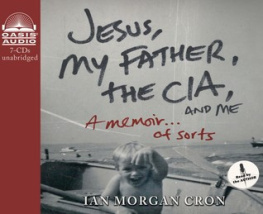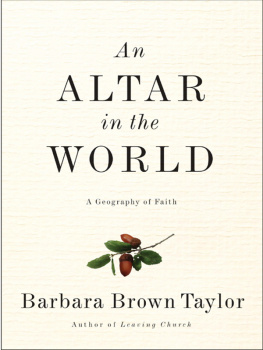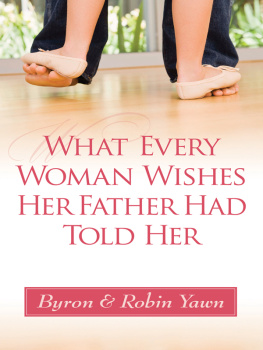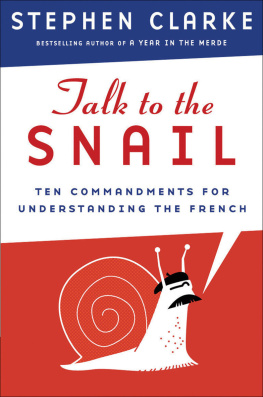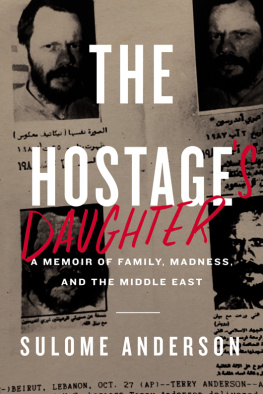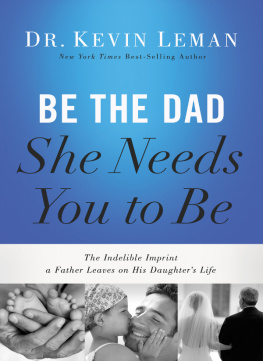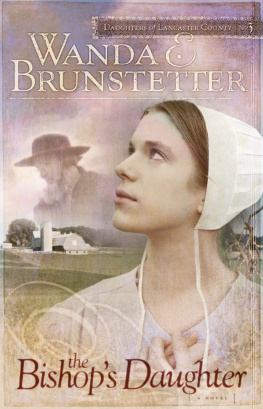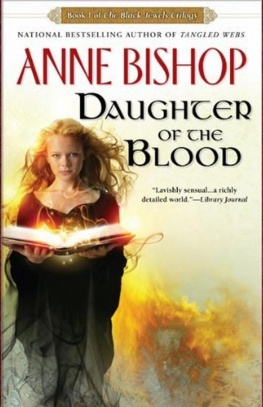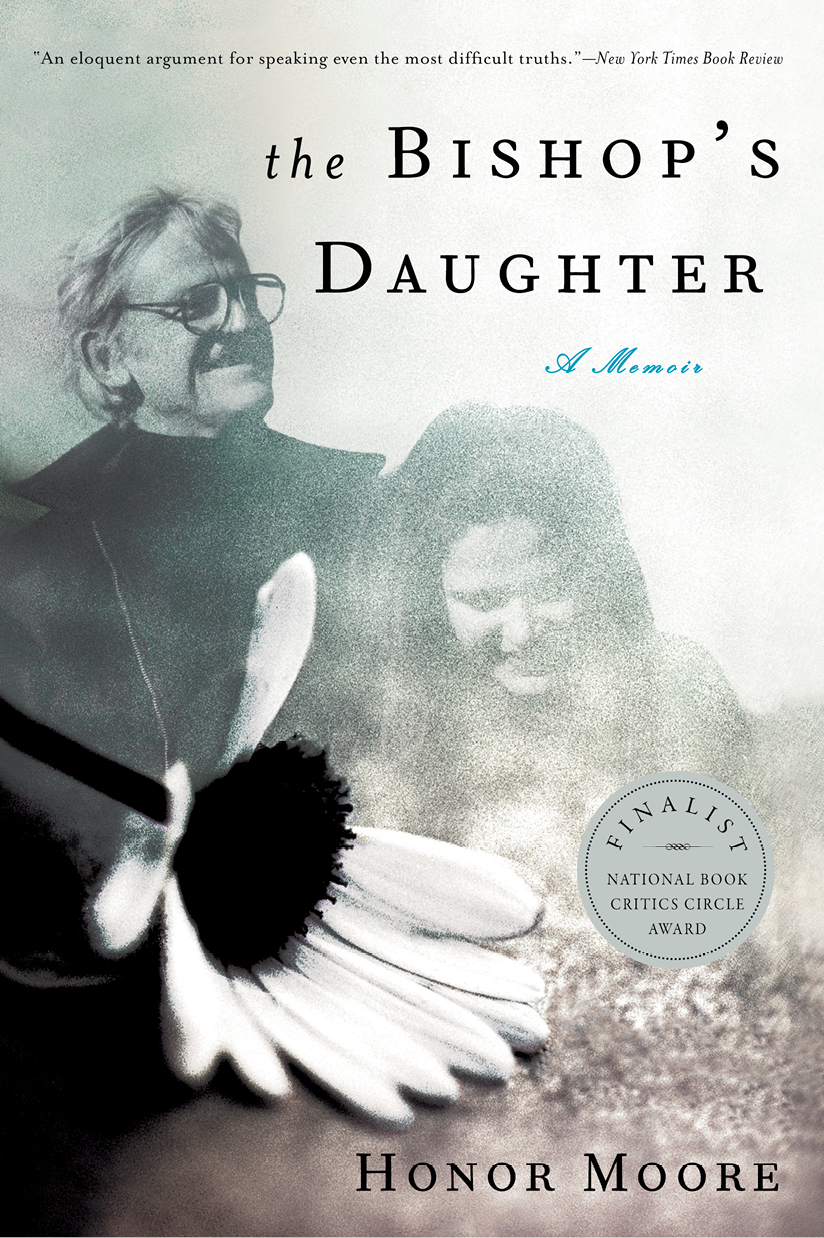
A LSO BY H ONOR M OORE
B IOGRAPHY
The White Blackbird: A Life of the Painter Margarett Sargent by Her Granddaughter
P OEMS
Red Shoes
Darling
Memoir
P LAY
Mourning Pictures
A S E DITOR
The Stray Dog Cabaret: A Book of Russian Poems
Amy Lowell: Selected Poems
The New Womens Theatre: Ten Plays by Contemporary American Women
THE
BISHOPS
DAUGHTER
A Memoir

Honor Moore

W. W. NORTON & COMPANY
New York London
For my siblings, each of whom would have another story
for my nieces and nephews and their children,
and to the memory of my parents
CONTENTS
Prologue
It is Easter, and in the darkness of the Cathedral of St. John the Divine the singing soars in descant, the gothic ceiling multiplying the clamor. And now, as if a great storm has ceased, there is no music, and in the silence held by five thousand worshipers, there come three resounding knocks. And as we wait, the massive doors swing open, an ethereal shaft of sunlight floods the dark, the roar of the city breaks the gigantic quiet, and there at the far end of the aisle, in a blaze of morning light, stands the tall figure of a man. My flesh-and-blood father, the bishop.
When I was a child, I accepted my father as a force of imagination that flared and burst and coruscated, an instrument of transformation. During World War II, he had survived a Japanese bullet and had a scar to prove it. If my heart had been going this way instead of that, he announced once, rowing me across the lake in the Adirondacks, you would never have existed! Remembering his saying that now, I am startled. It was a joke of course, but it was also the text of a lesson that endured throughout our life together. My father had supernatural powers. His fate had determined my existence. I was something he had made and would continue to make. Physical independence from my physical parents was one thingI got too big to hold my mothers hand, too big to ride on my fathers shouldersbut it took me decades to escape the enchantment of my fathers priesthood.
On Sundays and feast days, he became a giant in resplendent brocades lifting his arms as he preached. Or on Easter as a child, I am bedecked in my new finery, and there he is, dressed in white, accompanied by vested acolytes, sweeping along the dusty street on his way to the church; I get not a kiss but a blessinghis hand raised, fingers poised and moving through the air in the shape of a cross. At my fathers first parish, the church was right next door; going to church was not a duty but a chance to be with the deepest part of him, to be inside his imagination. In the darkness at the altar rail, I would hold the wafer in my mouth, allowing it to become wet with the wine that burned down my throat. Take, eat, this is my body, my father would say. Just as I came to understand his splendid vestments were not ordinary clothes, I learned that during the Eucharist, the bread and wine were shot through with something otherworldly, something alive that vibrated and trembled, and when I watched my father, enormously tall, the color of his vestments blurry through all the incense in all the candlelight, it seemed to me he brought all this about, up there at the altar, enswirled in the fragrant smoke, the organ thundering, his voice carried by the King James language. It therefore made sense that when he sang Gregorian chant his voice would break and falter. He was being transported by what he called the presence of God, a force much more powerful than his physical body. What happened to him seemed also to happen in me, behind my eyes, on the surface of my skin, and when it happened, I didnt think of how my mother looked with a baby on her hip, how my younger brothers and sisters shouted and screamed, or how awkward I felt at school. Instead, everything became comprehensiblesimple, safe, and beautiful.
After the service, after removing the gold and the colors, after lifting the tiny white wafer as high as his long arms could reach, after administering wine at the altar rail and drinking what remained in the consecrated chalice, my father came home. Now wearing his black suit, he burst into the living room, where we all waited, the grownups drinking sherry, joking or talking seriously. I would run to him and he would bend and give me a kiss before going to talk to the others. Dressed in ordinary black clericals and the stiff white collar, he looked almost like other humans, quite normal, though taller than everyone else.
My fathers extreme height made him seem even more distant than he might have had he been of ordinary dimensions. I thought his tallness had to do with the brocades, with the music, the candles, and the gold crosses that preceded him when he walked down the aisle, that it rendered him closer to God than those of ordinary height and therefore closer to enchantment. When I was a child, my father wore civilian clothes only on vacation or when he and my mother went to New York City once a week for their day off. When he dressed like ordinary men, it made me uneasy. I knew what the vestments were for and what his clericals signified. Wearing them, my father was clean and crisp, unsullied by everyday life. But when he wore a tweed jacket and a Brooks Brothers shirt, he became someone else.
The place where my father changed out of his day clothes was called the sacristy, and when we lived in Jersey City he took me there once, down a narrow hallway from the altar. It was a small, silent room, all dark wood that gleamed silkily in the parchment-yellowed light. There were closets that opened like gates and shallow drawers that pulled out evenly with a sound like exhalation. The warm air smelled like wax, bitter and smooth, and as I breathed I began to forget the color of daylight. Here, my father spoke to me in a grave voice and familiar things had other names. Getting dressed was vesting, a scarf was a stole, and the black sculpted hats were birettas. In the sacristy that evening, one of the other priests, a man who lived with us, looked at me with different eyes, as if he did not know me, and quietly folded his vestments. The boys who teased me when we played handball were quiet here, and so I bowed my head and didnt look at them.
My father showed me what incense looked like dry, and where you put it in the brass censer, which looked like a lantern with holes in it. He showed me the ciborium, the round silver box in which the bread was kept, white wafers that came to be called the host when he blessed them. He put on a cassock, buttoning it from his neck down to his ankles, and opened a tall narrow door to pull out a cotta, a white gathered garment with sleeves like wings. Hanging there were smaller cottas for the acolytes and the long cassocks, black for ordinary Sundays and red for festivals. In another closet were the golden brass crosses and candlesticks on long poles and fat creamy candles and a crucifix that was real gold, with a gold Jesus dead on it, and in a small cupboard with a caged door and a brass lock were communion vesselssilver chalices and silver plates kept separate, I thought, so they wouldnt lose the touch of God.
As my father opened the drawers for me, he explained the colors of the vestments splayed like the clothes of saints I later saw in Italian paintings. Red for blood to commemorate the deaths of martyrs, and red for fire to celebrate the day flames burned on the heads of the apostles without setting their hair on fire. Purple for Advent, the waiting for Christmas, and for Lent when Jesus went to the desert to pray for forty days before he came back to Jerusalem on a donkey, holding a palm as a scepter, a week before his death. Black for Good Friday, the day Jesus died and light went out of everything and every brass cross and icon in the church was veiled with black gauze. That day every year my father led all of us in the church in a procession to each of the fourteen pictures of Jesus carrying the big wooden cross on his way up the hill called Calvary where he would be crucified. There was a story for each picture: Saint Veronica wiped the sweat and dirt from Jesuss face, and his face appeared on her towel; Jesus stumbled and fell, the cross was so heavy. My father closed the drawer of black vestments and opened another: gold and white for Christmas, for Easter, and for Ascension, when Jesus rose up into the sky, to be in heaven with God, his father.
Next page

